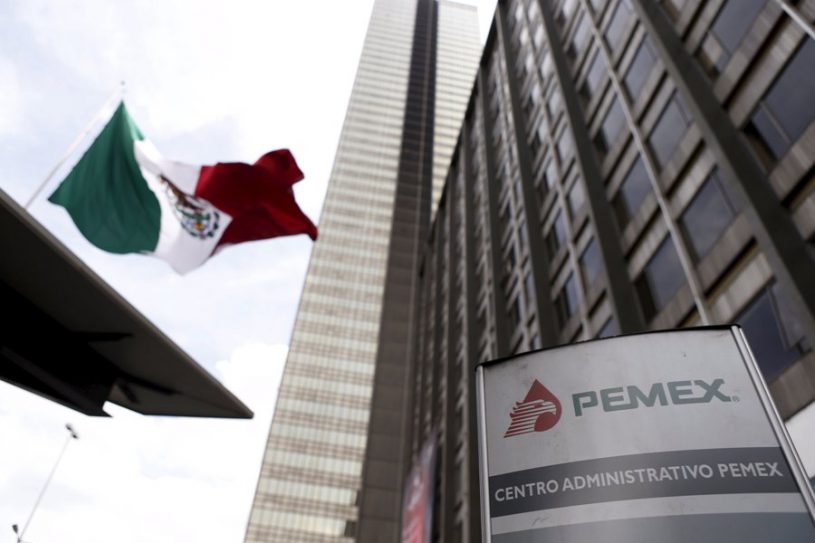Pemex reaches agreement with drilling company to reactivate Gulf fields
Pemex struck a deal with Mexico-based CME Oil and Gas to reactivate the Bacab and Lum fields, mature wells that are part of the massive Ku-Maloob-Zaap complex

Petróleos Mexicanos (Pemex) has reached an agreement with an oil services provider to drill in the Gulf of Mexico, as the heavily indebted state energy company turns to the private sector to boost crude production.
Pemex struck a deal with Mexico-based CME Oil and Gas to reactivate the Bacab and Lum fields, mature wells that are part of the massive Ku-Maloob-Zaap complex, according to sources who requested anonymity because the information is not public.
CME and its subsidiaries, OPEX Perforadora and Perforadora Profesional Akal I, plan to deepen the wells to increase production tenfold, reaching 40,000 barrels per day by 2028, the sources said. Bacab and Lum are located at a depth of about 60 meters and reached their peak production more than a decade ago.
CME and its units are expected to invest around $1.65 billion over the next 15 years, covering all costs and risks associated with drilling operations, according to the sources. The project is ultimately expected to generate the equivalent of 73.4 million barrels and profits of $4.3 billion, with more than half of the revenue going to government coffers, the sources added.
Pemex did not respond to requests for comment.
The agreement exemplifies how Pemex is outsourcing work on aging assets to private-sector partners to redevelop fields after years of declining production. The Mexican oil company is taking a different approach from international explorers who typically sell off decades-old fields to smaller companies through direct asset sales.
Pemex's total production has fallen to 1.8 million barrels of oil and condensate, about half of its peak two decades ago.
The deal comes at a time when other private sector players are looking to invest in Mexico's declining oil and natural gas fields. In recent months, billionaire Carlos Slim has been increasing his stakes in the oil and gas industry, reaching a deal with Pemex to develop the offshore Lakach field, and boosting his stake in U.S. companies PBF Energy Inc. and Talos Energy Inc.
Last month, Pemex reported its worst loss since the global pandemic emerged more than four years ago, a negative sign for whoever President-elect Claudia Sheinbaum chooses to lead the company to revive production and reduce its hefty debt load of nearly $100 billion. Sheinbaum has yet to announce who will head Pemex when she takes office on October 1.